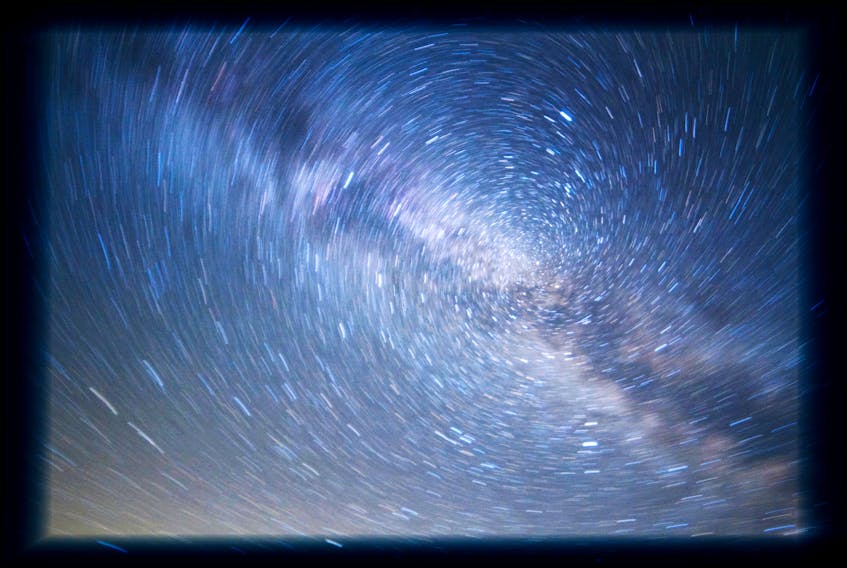The Washington Post calculates that the leader of Priyamvada Natarajan’s country had made 13,435 false or misleading claims as of Oct. 9.
In this climate of fact-denial and “fake news,” it’s more important than ever to stand up for evidence-based thinking, the Yale University astrophysicist and author says.

“We have to be open to changing our minds,” Natarajan said in an interview from Yale on Thursday. “I wanted to showcase how scientists change their minds. The reason they do that is because of fact and evidence.”
Even our understanding of something as basic as the nature of the universe has changed significantly in a relatively short period.
“The astronomer Hubble was able to show that the Andromeda Galaxy was an external galaxy much like our own but a distant entity,” said Natarajan, the author of Mapping the Heavens:
The Radical Scientific Ideas That Reveal the Cosmos. “This happened just about 100 years ago.
“And since then, our view of the cosmos has been shifting very radically because soon after, about 10 or 20 years after the discovery of external galaxies, Hubble also made another radical discovery . . . that the universe is actually expanding. “
Previously, the feeling was that while stars and the planets in our solar system moved, the universe itself was fixed and static.
From Hubble’s revolutionary ideas, our concept of the universe has evolved to include seemingly bizarre things such as dark matter, which it’s now believed is much more common than ordinary matter.
Natarajan, who keeps busy on the science lecture circuit and has been featured on programs including NOVA on PBS, will deliver a presentation called Mapping the Heavens on Friday evening at Saint Mary’s University.
Besides mapping out the history of how our ideas on the cosmos have evolved, the title of her presentation and her book refers to her research into how dark matter is distributed throughout the universe.
The existence of dark matter - which unlike ordinary matter has no negative or positive charge and exists only as mass - was first suggested in the 1920s by Dutch astronomer Jacobus Kapteyn. Other scientists, including Manitoba native and Nobel Prize winner James Peebles, have concluded that while dark matter is invisible to normal observation, it’s crucial to the formation of galaxies.
“We believe they only interact with the force of gravity,” Natarajan said. “They cluster in the universe. There are regions where they lump and clump. They are the places where galaxies form.”
She maps their distribution by pinpointing what she calls cosmic potholes - the gravitational depressions on the fabric of the universe left by these massive clumps of matter.
And while we don’t know precisely what dark matter is, “we know exactly what it does, we know how it’s distributed in the universe. In fact we believe it’s the most significant component of matter and the stuff that we’re made of - atoms, etc. - that’s a mere five per cent of the universe.”
In speaking with Natarajan, who has studied these strange cosmic phenomena for 20 years, her passion for thinking and speaking about strange cosmic phenomena like dark matter, dark energy and black holes, comes through loud and clear even over a phone line.
“I want to demystify the process of science,” she said. “Science is very much a human, creative activity and it’s not this sort of freak thing just for the nerds, or whatever, it’s for all of us to enjoy and understand. I really think that one of the great things that science teaches us is something that’s fundamental to life, we need to keep an open mind.”
Free tickets for her 7 p.m. presentation at the McNally Main Theatre Auditorium are available through Eventbrite.com. Her talk is part of the Dan MacLennan Memorial Lecture in Astronomy series.









